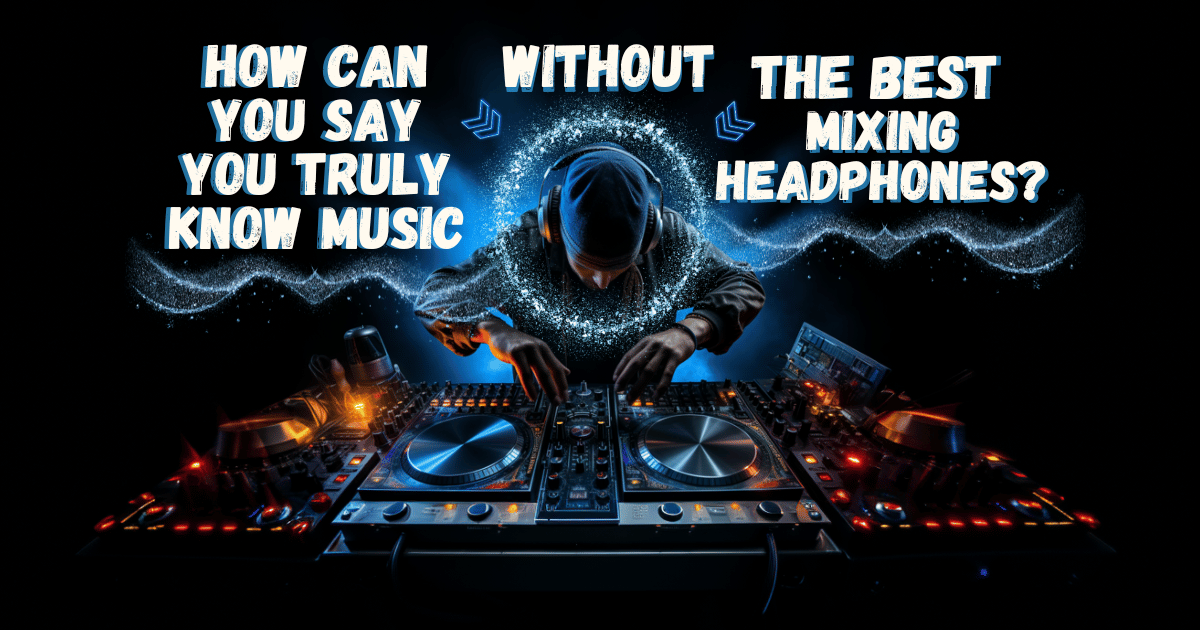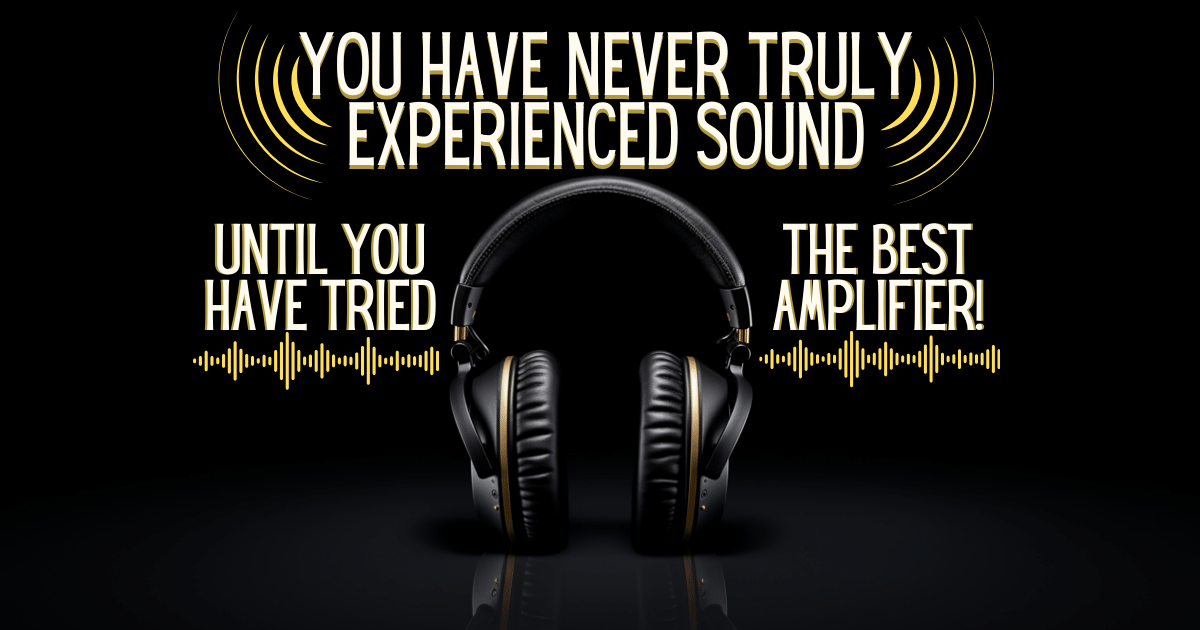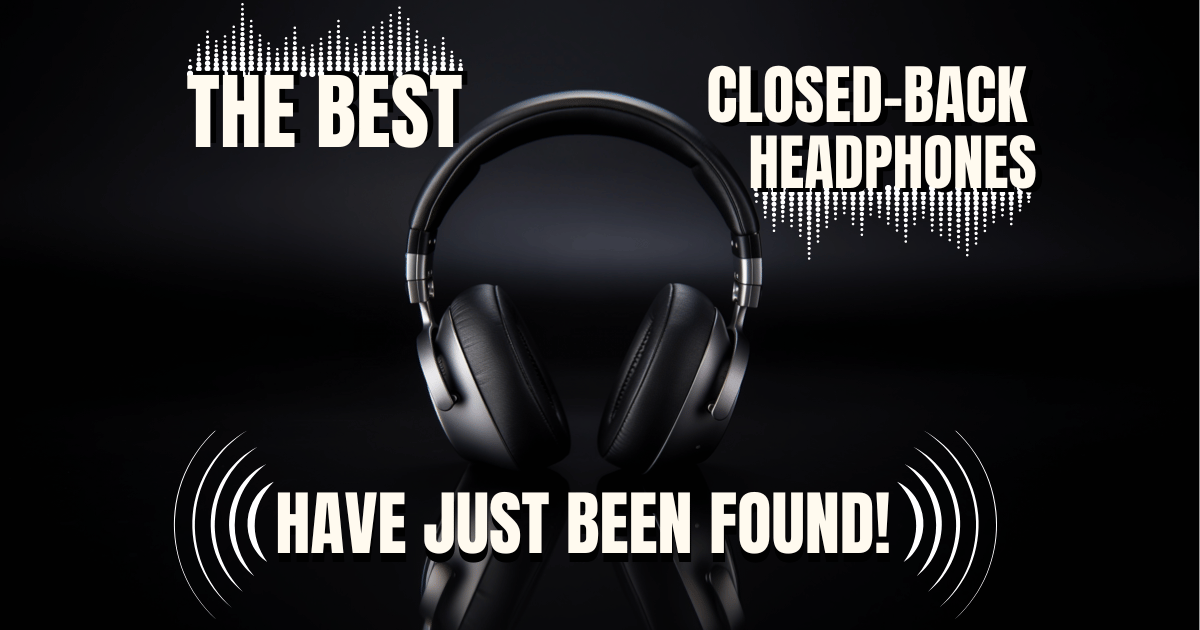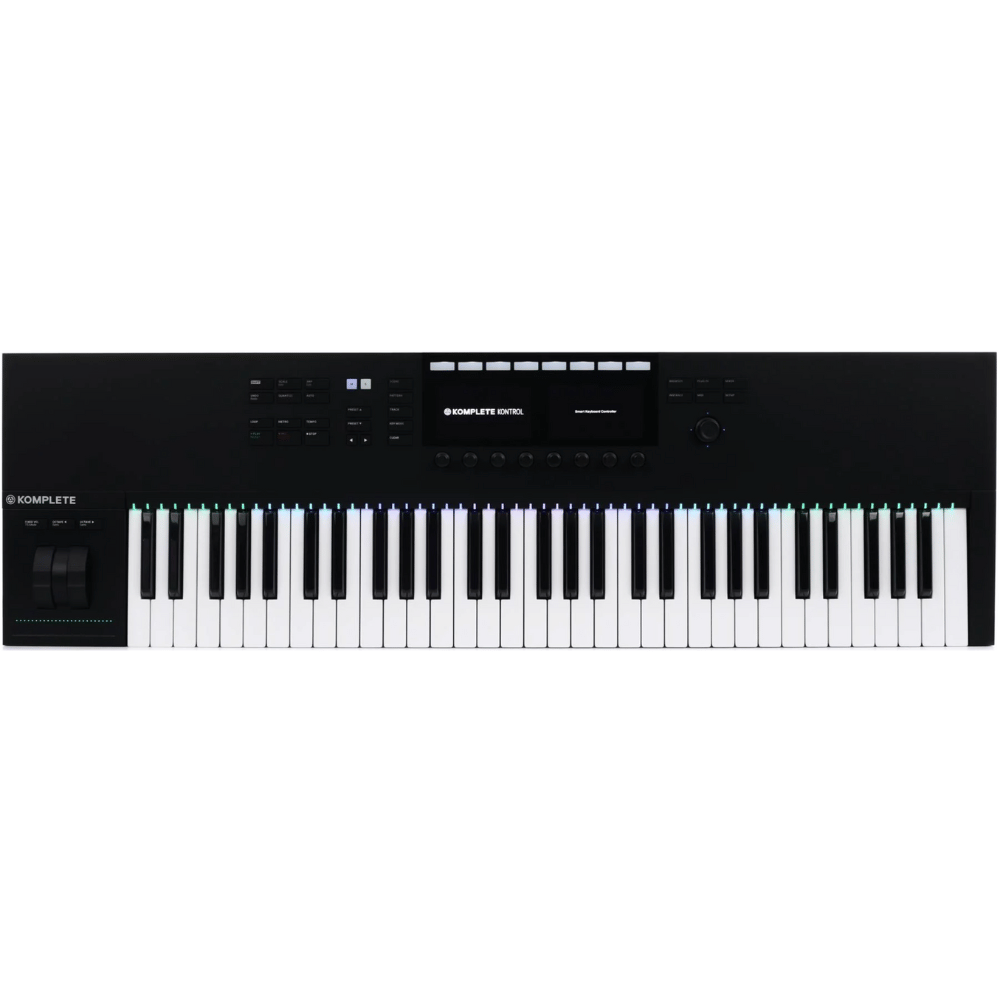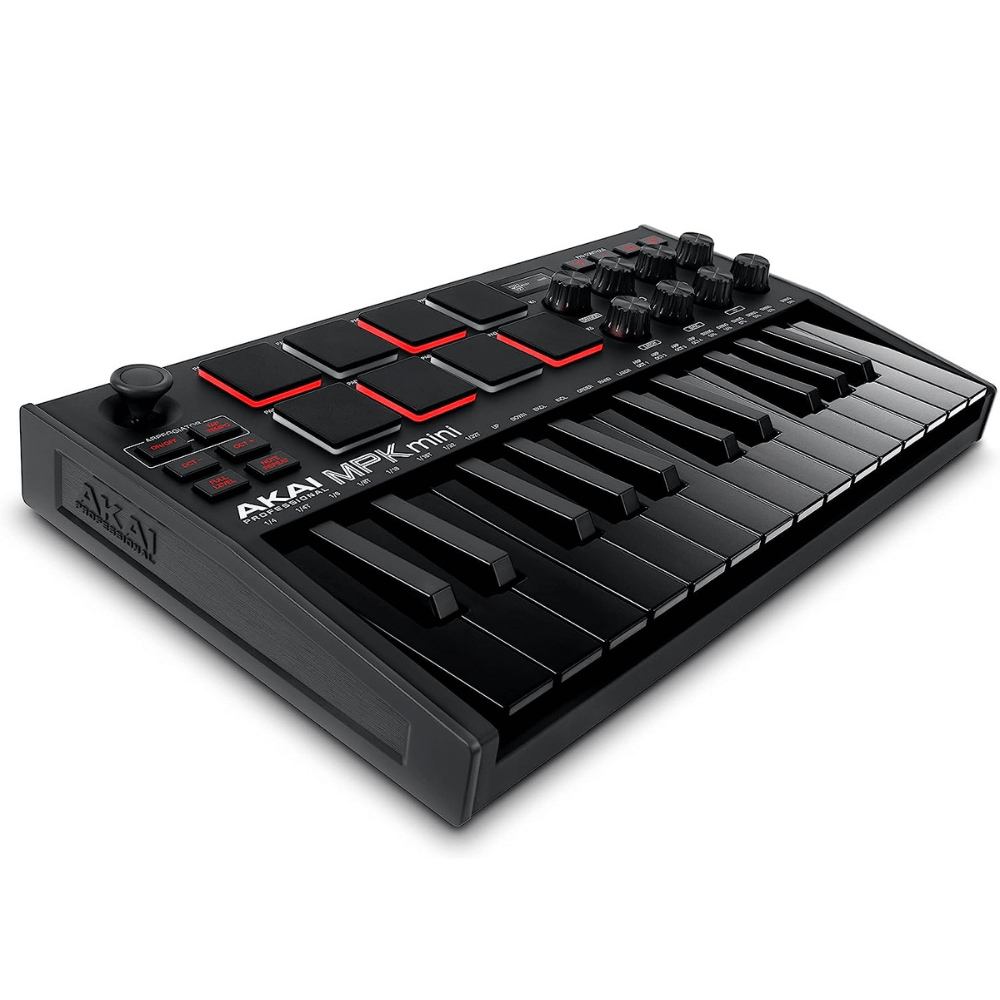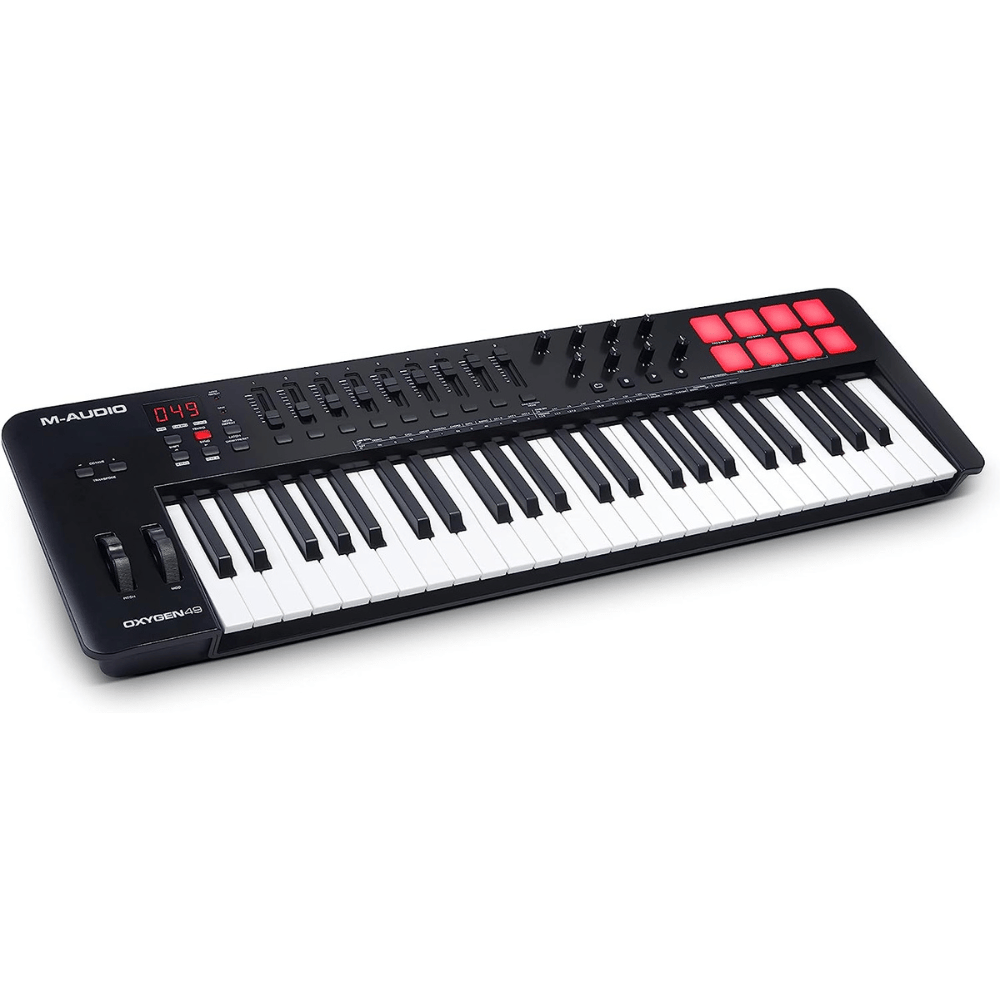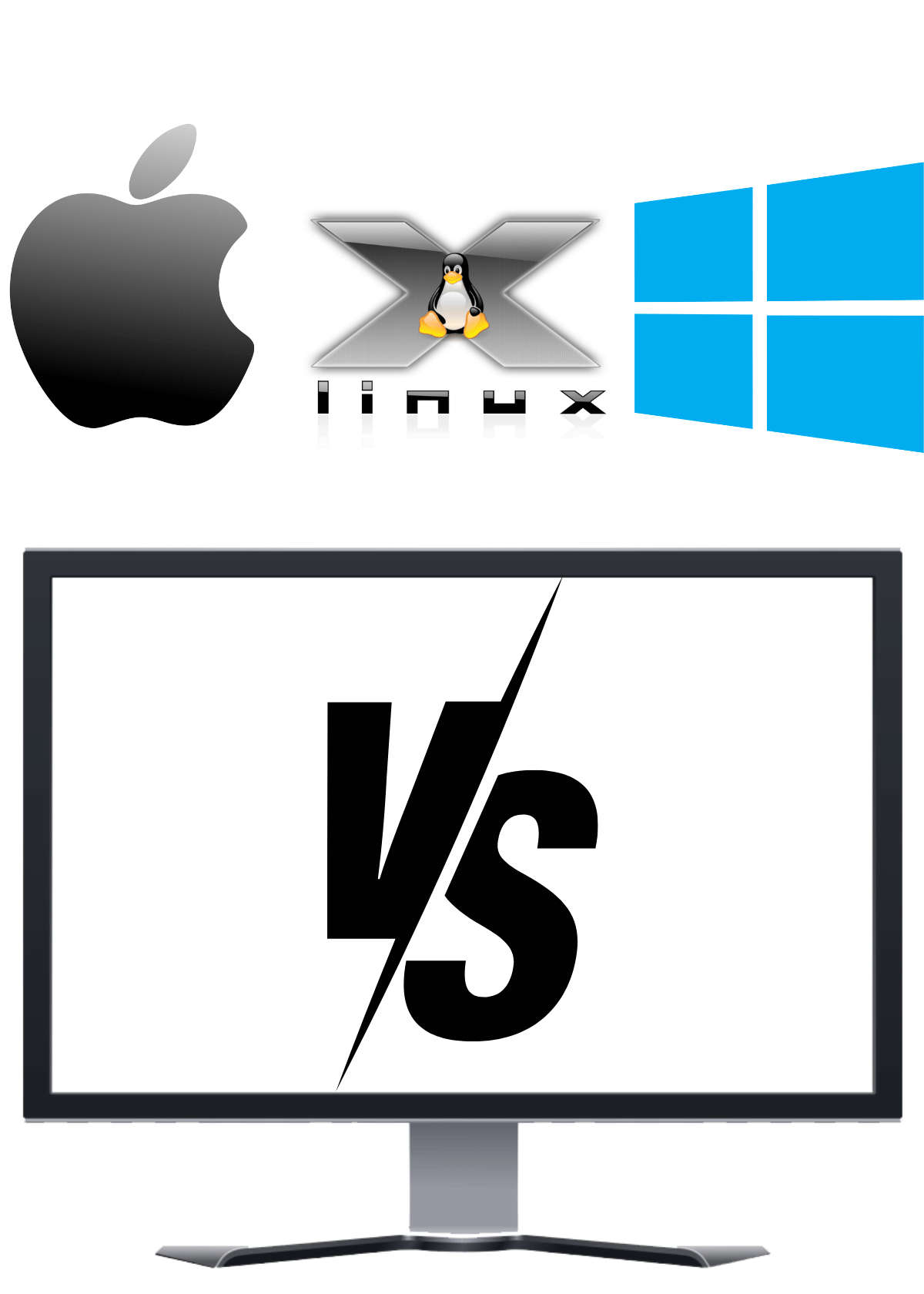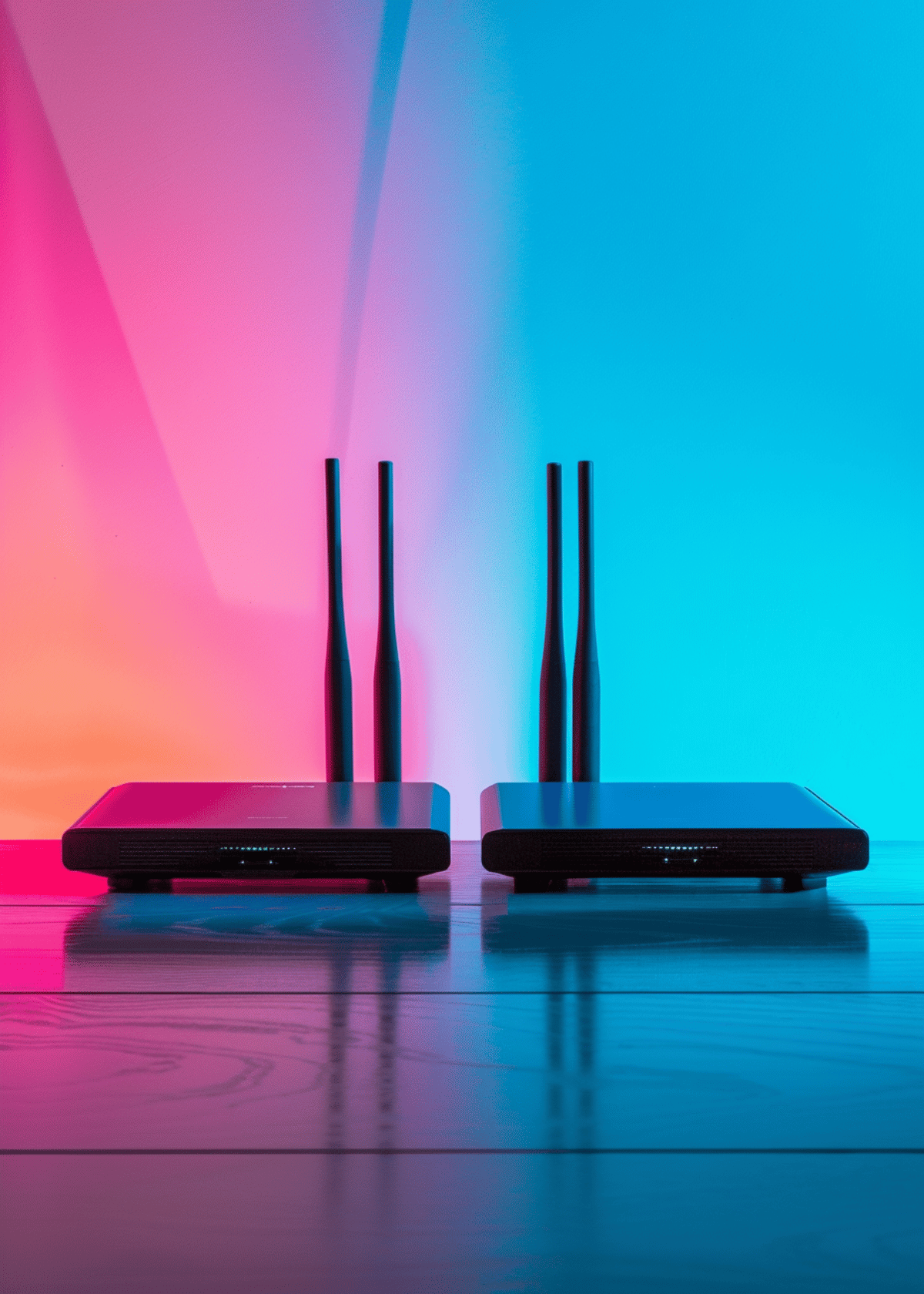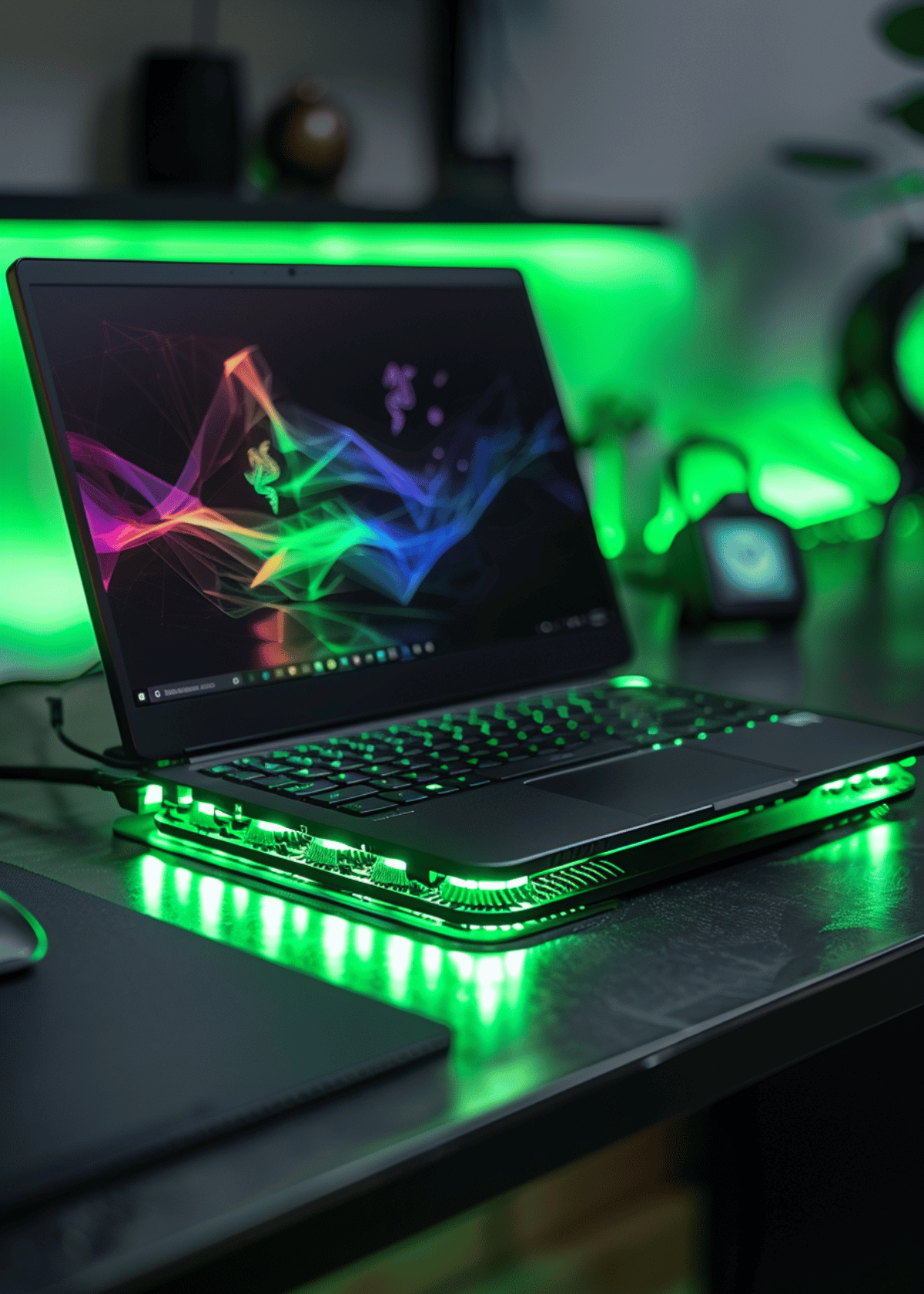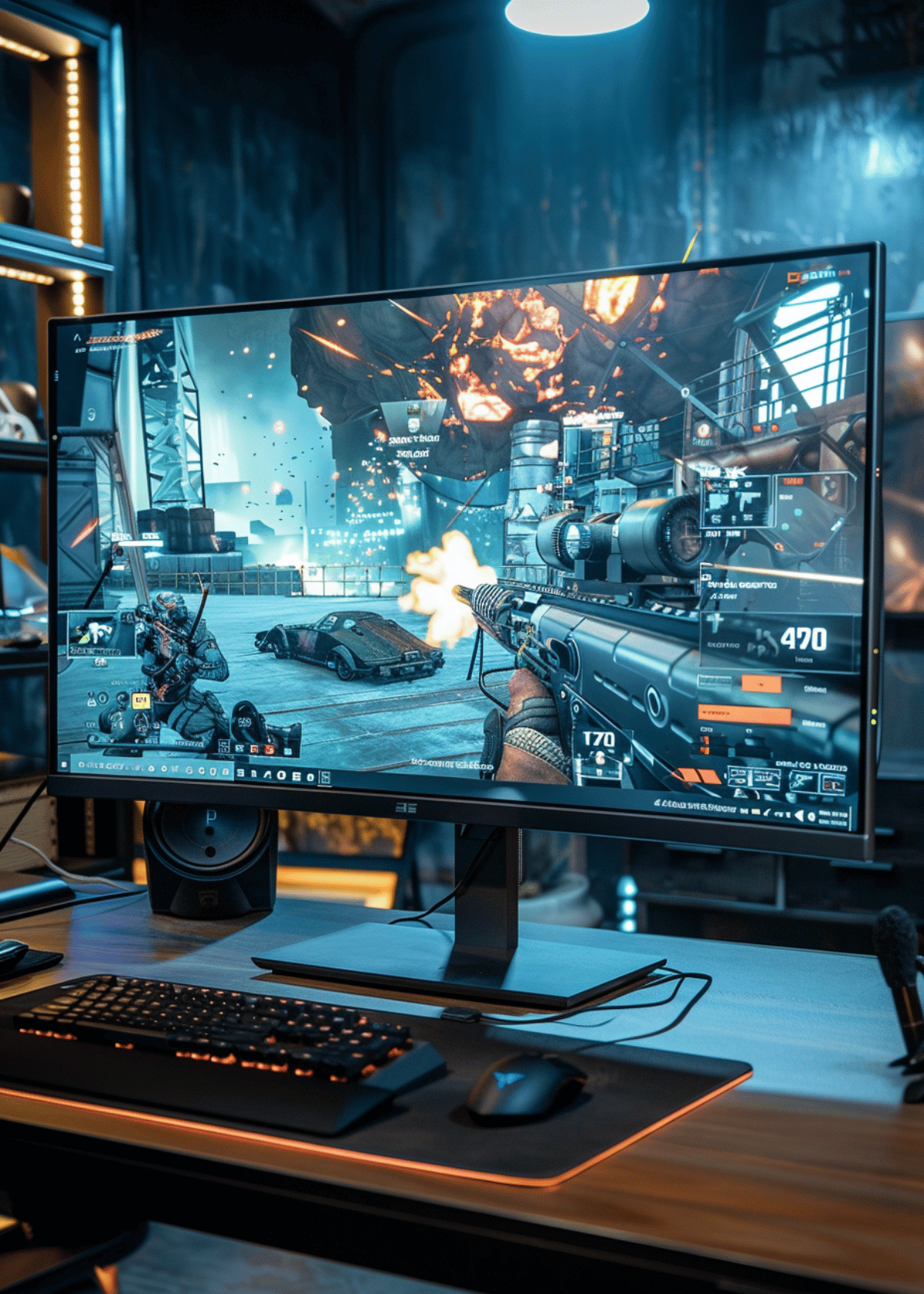Everyone Will Want To Hear The Music You Create With The Best MIDI Keyboard! 🎹🎶
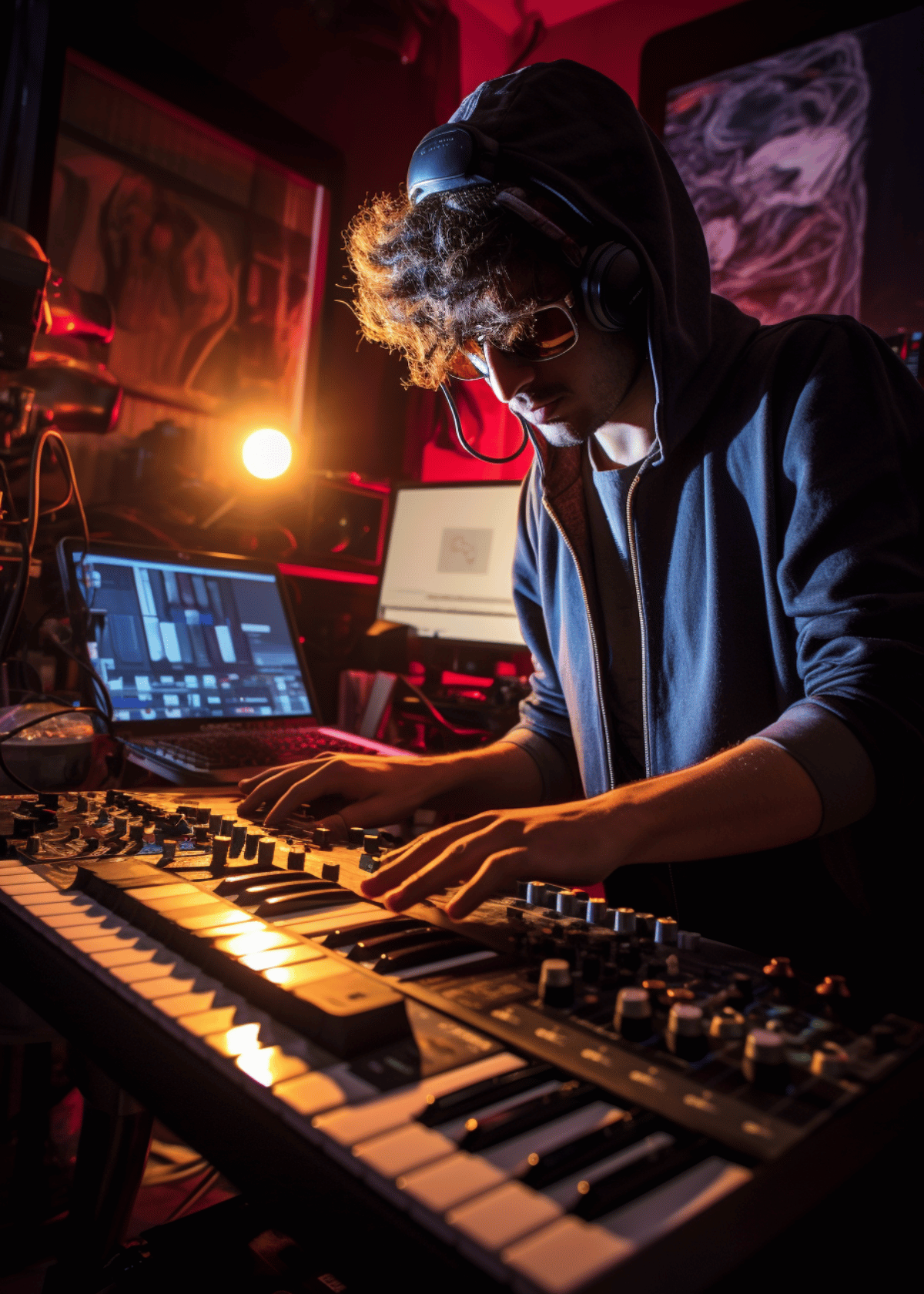
Do you want to take your music production skills to the next level? With so many different options out there, it’s hard to know what midi keyboard is truly the best for musicians. Whether you need a regular controller or something with more features, don’t worry! We have researched the top choices and narrowed the list down to help you find the ultimate midi keyboard for your needs. In this blog post we will discuss what makes each one stand out and why they are worth considering – let’s get started!
How We Chose The Best MIDI Keyboards! 🏆
You want to buy a midi keyboard, but you don't know which one to choose.
With all of the different brands, models, and features on the market, it can be hard to figure out which midi keyboard is right for you. Not to mention, there are so many reviews and opinions online that it's hard to know who or what to trust.
We have done the research for you and have put together a short list showcasing the best midi keyboards on the market. Our list includes both affordable and high-end options, so you can find the perfect keyboard for your needs.
Native Instruments Komplete Kontrol S61 MK2 MIDI Keyboard
Product Highlight - The Best MIDI Keyboard Controller Overall 🥇
Why We Love This MIDI Keyboard ♥-
Are you on the hunt for the ultimate midi keyboard? Look no further! Native Instruments Komplete Kontrol S61 MK2 has everything you could want and more. Engineered to provide a professional quality and experience, this keyboard is sure to take your music-making efforts to the next level. With 61 keys, precision response, and a modern aesthetic design, it's easy to see why so many musicians are gravitating towards this incredible product. Boasting features such as convenient direct access controls, hands-on performance capabilities, a clear high resolution display with additional touch functionality and an intuitive workflow that allows you to focus on making music, it's no wonder why this is considered one of the premier midi keyboards in circulation. For those looking for high end production capabilities combined with endless creative potential, Native Instruments Komplete Kontrol S61 MK2 is your perfect sound companion.
What You Should Know About This MIDI Keyboard-
The Native Instruments Komplete Kontrol S61 MK2 is revolutionizing the way we make music - it's one of the best midi keyboard controllers on the market! Immersive Visual Feedback provides an unrivaled experience: Two high-res color screens display all the necessary data, and multi-colored backlit buttons and a Light Guide pinpoint sounds, key zones, scales, and more. The design has been reworked for optimal intuitiveness; extra function buttons and a four-directional push encoder provide even better control over your production process. Whether you're searching for the perfect midi controller or just upgrading, this should certainly be on your list.
Akai Mpk Mini Mk3 MIDI Keyboard
Product Highlight - The Best Mini MIDI Keyboard Controller 🤏
Why We Love This MIDI Keyboard ♥-
Are you seeking a fun and cost-friendly way to unleash your inner musician? Look no further than the majestic AKAI Professional MPK Mini MK3! Whether you’re just starting out with sound production or want to up your game, this small midi keyboard is an incredibly easy-to-use option that won't break the bank. With its simple setup process, you can start playing in no time. It’s like magic but for music - an amazing companion for any aspiring artist. So don't waste a minute – get your hands on one of these charming midi wonders and transform any room into a jam-filled studio in mere minutes. Creativity doesn't have to remain in your head; let the AKAI Professional MPK Mini MK3 help turn it into blissful sounds!
What You Should Know About This MIDI Keyboard-
The AKAI Professional MPK Mini MK3 is the ultimate MIDI controller for all you wannabe(not saying this in a bad way) studio producers and beat makers. With its 25 mini MIDI keyboard velocity-sensitive keys, this USB powered midi keyboard controller allows you to get studio grade quality sound without breaking the bank. You don't just end up with a brand new midi keyboard either; you also get 500 plus sounds and complete music production starter kit. That's right - everything you need, including 6 virtual instruments and 2GB of sound content, comes packed into this little keyboard! Get ready to put your musical dreams in motion with the AKAI Professional MPK Mini Mk3!
M-Audio Oxygen 49 (MKV) MIDI Keyboard
Product Highlight - The Best Valued MIDI Keyboard Controller 💰
Why We Love This MIDI Keyboard ♥-
If you’re looking for a keyboard that won’t break the bank, yet has all of the features you need to create beautiful music, then look no further than the M-Audio Oxygen 49 (MKV)! This full-sized midi keyboard is a great value and will help you bring all your musical ideas to life. With its professional-grade performance, lightweight design and expressive control options, this keyboard makes a great addition to any composer’s studio. Plus, it comes with everything needed to get you creating as soon as it arrives – plugs, software downloads and quick start guides are all included! So don’t wait: Spoil yourself with an M-Audio Oxygen 49 (MKV) today!
What You Should Know About This MIDI Keyboard-
The M-Audio Oxygen 49 is a midi controller that comes with all the bells and whistles to make producing music with virtual instruments completely seamless. Featuring 49 velocity-sensitive full-size piano style keys, you can create realistic tracks right out of the box. If that wasn't impressive enough, this incredible controller has 8 assignable knobs and 9 assignable faders so you can achieve ultimate control over all your virtual synth parameters, effect plugins, DAW controls and more. As if those weren’t enough, it's also loaded up with a complete software production package including MPC Beats, Ableton Live Lite, 2 virtual instruments from AIR Music Tech and 5 Akai Professional MPC Expansion packs. Whether you're a professional producer or just a hobbyist getting into it for fun - this midi keyboard is guaranteed to impress.
Frequently Asked Questions (FAQs) When Looking For The Best MIDI Keyboard? 💭
Learning about midi keyboards can be confusing, because there are so many different types and features.
It can be hard to figure out which midi keyboard is right for you, because there are so many different types and features.
We've put together this FAQ to help make your decision easier. Here we answer the most common questions about midi keyboards, including what they are, how they work, what type of music they're best for, and more.
What To Look For When Buying A MIDI Controller?
When shopping around for MIDI controllers, you want to make sure you pay attention to the features that matter. Here are a few of the key features you should consider:
1) Sustain pedal input - It's important to have access to sustain pedal input so that you can control volume and expression with your feet. This is especially helpful for keyboard players who are used to having access this capability on their digital pianos and synthesizers.
2) Transport controls - Look for MIDI controllers that let you control recording, playback, fast-forwarding and rewinding without needing a mouse or computer keyboard. The transport controls add convenience and save time when working in music production software like Pro Tools or Ableton Live.
3) Weighted keys – If you’re playing primarily piano parts then weighted keys will give your hands better accuracy than unweighted keys because they provide tactile feedback similar to an acoustic piano’s action. Most modern MIDI keyboards offer both options so look out for which type of keypad is included before buying!
4) Polyphony – Most pro-level synth players need at least 32 voices of polyphony (the ability play more than one note at once). When shopping around take note if additional sounds require cutting down on available polyphony as this can become annoying in longer performance pieces with plenty of notes happening simultaneously.
5) Build quality – A well built controller is going last longer than one held together by cheap plastic parts so it pays off looking out for controllers made from solid materials such as metal if longevity matters in your studio settings!
Overall, when choosing a MIDI controller make sure it has the right features tailored to your own needs; but also remember its build quality since these machines will be taking quite a bit abuse over long periods in home studios and professional environments alike!
What To Know Before Buying MIDI Keyboard?
When it comes to buying a MIDI keyboard, there are many things you should consider. The most important factor is making sure that the controller has all of the features you need for your specific project.
Some of the must-haves for any good MIDI keyboard include pitch and mod wheels, dedicated transport controls and an arpeggiator. The latter is especially useful if you like to create complex sequences quickly or want to create organic passages from scratch with an arpeggiated feel. You’ll also want to ensure your MIDI controller has plenty of performance control options such as assignable buttons, knobs or faders - or ideally both!
For budget-minded musicians looking for a great midi controller on a tight budget, then look no further than Akai’s MPK Mini MkII which offers excellent value per dollar spent thanks its 25 mini keys plus 8 backlit pads with pressure sensitivity allowing two hands on playability and expressive drum parts. Meanwhile Korg's Nano KEY2 provides simple but powerful music production capabilities in a slim profile body at an affordable price point; perfect for serious mobile producers working on the go without sacrificing too much workflow speed through smaller key appearances than full sized keyboards usually offer. Finally, Native Instruments Machine Micro Mk3 might be worth considering if you prefer tactile dedicated encoder knobs over faders/sliders so that song arrangement automation can start being performed very intuitively – although expect premium prices come with it too!
At the end of day choosing a midi keyboard depends largely on what you're looking for in terms of price versus number of features (plus any potential software bundle versions available). With some careful consideration though anybody could find themselves able get up and running with their desired DAW/VST rig quickly & affordably!
How Many Keys Is Best For A MIDI Controller?
When it comes to choosing the number of keys for your MIDI controller, the answer is both simple and complex. While there’s no single “best” answer that applies to every musician, there are a few things you should consider when deciding on how many keys you need.
At the most basic level, MIDI controllers with fewer than 25 keys are best suited for playing percussion instruments or samples in an electronic music set up. That said, if you’d like to use your MIDI controller as a primary instrument then go with something that has at least 61 keys (five octaves). This will give you enough range to play any melody and allow room for those all important high notes!
For live performance purposes, 88-key controllers are optimal because they offer two full octaves of extra range – which is especially handy when playing classical piano pieces onstage. Additionally, if you want access to more realistic grand piano sounds from your digital keyboard then an 88-key model might be perfect choice due its wide array of available voices and corresponding touch sensitivity.
In conclusion, choosing how many keys on your MIDi controller comes down to personal preference – so take into consideration what type of music you plan on creating with it before making a final decision!
Is A MIDI Controller Good For Beginners?
Yes, absolutely! A MIDI controller is perfect for beginners. With a MIDI keyboard controller, you can turn your ideas into music quickly and easily. Not only are they incredibly versatile when it comes to the production of electronic music, but you can also use them for real-time performances too.
When looking for the best midi controller, consider what needs you have in terms of portability and number of keys. If your budget allows, there are some great options out there that offer a lot of features such as drum pads and sliders. This gives you more control over the sound design which is key to creating great tunes!
In addition to this, some midi controllers offer velocity sensitivity which means that they respond faster depending on how hard or soft you press a key – adding character and nuance to your performance or composition. Make sure to look out for this feature if it’s something important to you.
Finally, many controllers come with their own software packages so be sure to check what’s included before making a purchase so that everything runs smoothly straight away! All in all though, investing in a midi controller can be an excellent choice when starting out with production/performance since not only do they offer incredible flexibility but also amazing value for money too - allowing even those with small budgets to create unique sounds!
What Is A MIDI Controller VS A MIDI Keyboard?
A MIDI controller, also known as MIDI keyboard(Or Midi Controller Keyboard), is a device for digitally sending, receiving and manipulating musical data and commands. Midi controllers are used to create music with computer-based instruments such as synthesizers and samplers, virtual instruments, as well as certain types of live sound systems.
So what's the difference between a MIDI controller vs a MIDI Keyboard? Well here’s the answer.
A traditional keyboard is simply an instrument that you can use to play notes on different tones or sounds depending on which key you press down. On the other hand, a midi controller is an electronic device capable of generating musical instructions without sounding any actual note itself (it doesn’t produce any audio). The main purpose of this type of instrumentation is more about giving musicians more control over their compositions and sound design processes through digital sequencing capabilities.
So for example if you wanted to add drums or bass lines underneath your band’s track in real time during a show then you would be better off using something like an Akai MPKmini2—a 25-key USB/MIDI pad controller with velocity sensitive keys—to get it done instead of relying on just your bare hands alone. With this kind of device at your disposal it's much easier (and faster) to input beats into whatever software sequencer you're working with so that your audience can hear them right away!
In addition to providing added flexibility when composing complex sounds and patterns there are some unique advantages offered by midi controllers compared to their full-sized counterparts; they typically come equipped with tactile sliders/knobs/buttons allowing users easy manipulation over certain parameters instantaneously—without having reach down behind other equipment if necessary—which makes them ideal for both studio production workflows but also live performance scenarios alike!
What Can You Control With A MIDI Controller?
Ah, MIDI controllers - one of the most useful and multifaceted pieces of modern musicianship. You can control all sorts of wondrous things with a MIDI controller, giving you unprecedented creative freedom to explore new possibilities in your music production.
The most common uses for MIDI controllers are keyboard-based instruments such as pianos, synthesizers and organs. With a MIDI controller keyboard, you can play these instruments through any type of software or hardware that reads the incoming MIDI data from the controller. This includes DAWs (Digital Audio Workstations) like Ableton Live or Logic Pro X, virtual instrument plugins like Reason's Thor synth engine, or even old school hardware synths like Moog Little Phatty!
You're also able to manipulate parameters such as pitch bend and modulation wheel settings with a midi controller too. It's great for adding some dynamic expressions to your performances that aren't achievable through regular playing alone. This kind of performance is especially helpful when using sampling devices; you can really bring out those drum sounds through automation tools and have them "feel" right on beat!
If you're into mixing and mastering music, a midi control surface could be an invaluable resource to help speed up your workflow – particularly automated mix sessions where specific elements need constant tweaking throughout a track. There are some awesome setups available nowadays that allow hands-on manipulation over EQs compressors reverbs delays etc., coupled with gain reduction meters so everything stays balanced while applying compression accurately at any given time during playback mode!
Finally if you're into live performances there are lots more places where midi controllers come in handy from providing real-time atmosphere changes during shows thanks their automated lighting systems capabilities (as seen in stage shows) to controlling other musical equipment like guitar pedals or effects loopers for extra customization options during jam sessions! That's not all though: DJs use them every day too taking advantage their ability play samples trigger sequences etc.. – it just goes on and on…
MIDI controllers truly unlock unlimited potential within music production so if you haven't already considered investing in one yet I would highly recommend it – who knows what kind new levels creativity might await?
Does MIDI Controller Work Without Computer?
The short answer is yes, a MIDI controller will work without a computer. However, the setup required to make that happen depends on the type of MIDI controller you have.
For those who don't know what a MIDI controller is, it's essentially an electronic musical instrument whose purpose is to communicate musical information between different devices by using coding protocols known as "MIDI messages." So let's break down how this relates to computers and other devices:
If you have an ordinary USB-powered MIDI Controller (also known as a USB Midi Controller), then no additional hardware or software is necessary. USB-based controllers are designed to interface with computers directly; all you need to do is plug it in and your computer should automatically install the appropriate drivers. Once that's done, all data generated by pressing buttons/keys/knobs etc will be sent straight through to your music production program of choice - Ableton Live, Reason, Logic Pro et cetera — allowing you record and manipulate sounds according to whatever parameters you specify in the program itself.
On the other hand, if your particular model operates independently via its own power source (maybe powered by batteries or wall sockets) then connecting it up with external sound sources becomes more complicated. To accomplish this task effectively requires external sound processors such as synthesizers connected through cables like 5Pin DIN cables - these allow for direct connection between midi controllers and outside sound sources such as keyboards or drum machines.. Once hooked up together properly each device can freely exchange any incoming midi data which allows for greater control when programming sequences and patterns into both instruments at once!
So there we have it - Yes indeed one can use a midi controller without a computer but only after making sure they understand exactly what kind of model they're running first!
What Is A Digital Audio Workstation?
A Digital Audio Workstation (DAW) is an amazing piece of technology that has revolutionized the art of creating, recording, producing and mastering audio. It's essentially a computer-based environment designed to digitally record, edit and mix music (or any other type of audio) with the help of different specialized software programs. The DAW acts as a central hub for all your creative endeavors, allowing you to create professional-quality audio recordings conveniently from your own home.
In terms of its basic workings, a DAW works much like a mixing board in that it allows engineers or musicians to manipulate sound by adjusting levels such as volume and treble/bass frequencies. However, unlike traditional mixing boards where adjustments are made manually on physical knobs or sliders on the board itself, adjustments can be made directly inside the computer interface with the click of a mouse button. As such, you can make more precise changes quickly - perfect for editing large amounts of data quickly during post-production workflows!
But what really sets digital audio workstations apart from their analogue counterparts is their ability to utilize plugins specifically designed for digital audio production purposes. These plugins allow users to do things like add EQ filters or reverb effects without having to physically manipulate hardware devices in real time - saving lots of time and energy in studio sessions!
Overall then digital audio workstations offer cutting edge capabilities that open up huge possibilities when recording high quality music while still being user friendly enough so they don't require years worth of training before use! Get one today and unleash your inner audiophile!
Does My MIDI Controller Need An Audio Interface?
That's a great question! The short answer is: it depends. MIDI controllers do not use audio interfaces to output sound directly, but they may require an audio interface to work properly in certain situations.
For starters, MIDI controllers generally have a USB port which will allow them to be connected directly with your computer. This direct connection is good for recording and triggering digital instruments or software instruments in your DAW (Digital Audio Workstation). However, this kind of connection does not provide the ability to plug-in headphones or speakers and hear any sounds produced through the controller. For that you would need an audio interface with either line outputs or headphone outputs depending on what type of device you are using for playback.
If you're using external hardware synths/samplers that don't have their own built-in analog outputs then you'll definitely need an audio interface as well so that you can route the signal from those devices into your DAW for recording and mixing purposes. You may even need additional patch cables/adapters if your MIDI Controller doesn't support higher level features like velocity control data, CC# commands etc.. It all depends on how deep down the rabbit hole of music production you want to go!
Ultimately there are no hard-and-fast rules when it comes to selecting gear – it really just depends on what kind of setup works best for YOU and what types of sounds YOU want create or record! Hopefully this answered some questions about whether or not a MIDI controller needs an audio interface - Good luck out there fellow musicians!
Do MIDI Controllers Come With Sounds?
No, MIDI controllers don’t come with their own sounds. But they do have the ability to make music by connecting to a sound module or computer software program. While some MIDI controllers may have drum pads to create beats and other instruments like keyboards and guitars that can produce sounds, these are technically just input devices that control a separate sound source device or software.
The benefit of having a MIDI controller is that it gives you access to thousands of different instruments with just one device instead of needing multiple pieces of equipment for each instrument you want to use. It also makes it easier for musicians and producers in studios who often use several instruments simultaneously when creating music as they only need one controller instead of several individual devices for each instrument being used.
Another advantage is its portability - most modern controllers will fit on your lap so you can easily move around as needed while playing live performances. With this ease of transport, you're able to take your musical talents wherever life takes you!
Thanks to advances in technology over the years, many high-end MIDI controller models are now available on the market which incorporate features like velocity sensitive pads, touch strip programs and sliders; all these features help bring more creativity into your music-making process without requiring additional hardware or software purchases.
MIDI Controllers truly allow us all limitless possibilities when it comes to producing music!
Ready To Get The Party Started With The Best MIDI Keyboard? 🎉
It all boils down to one simple fact – make music! That's what you should be doing when you decide which of the three best MIDI Keyboards is best for you. No matter how much you read and research, nothing beats hands-on experience. All three of these keyboards have something unique about them that can add something special to your sound. So don't be afraid to take the plunge and experiment, and maybe soon you'll be glad you made the investment in a keyboard that helps bring songs in your head alive! Whether it's for professional use or a hobby, all that matters is that your music makes someone feel something. So let's get out there, turn our inspiration into creations, create soundscapes as vibrant as our imaginations; let's make music!
More For You ⬇🔊⬇
